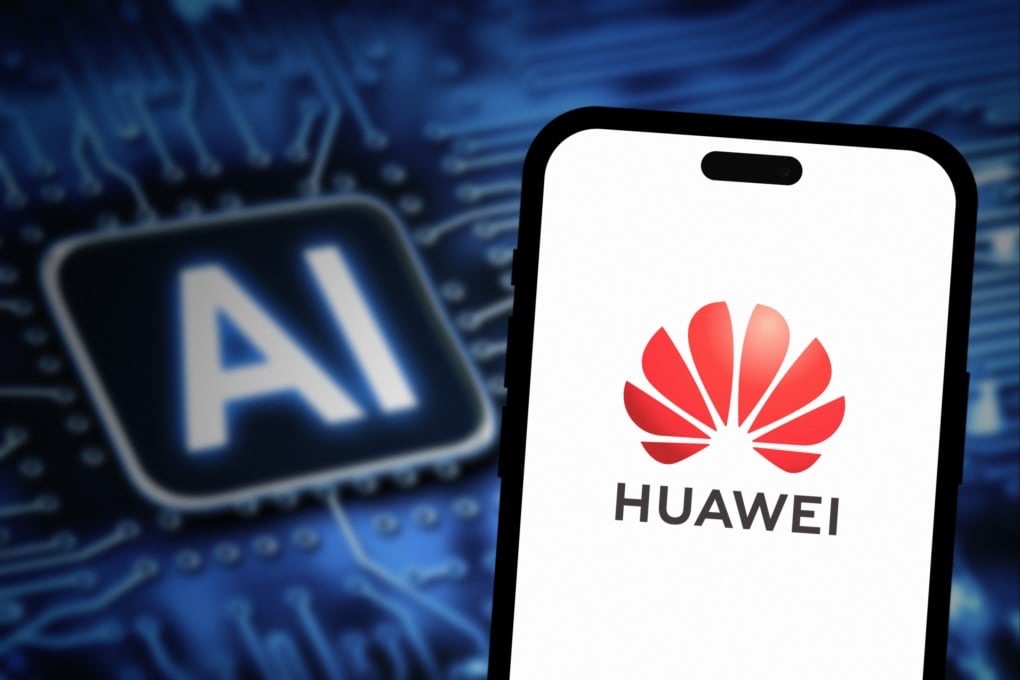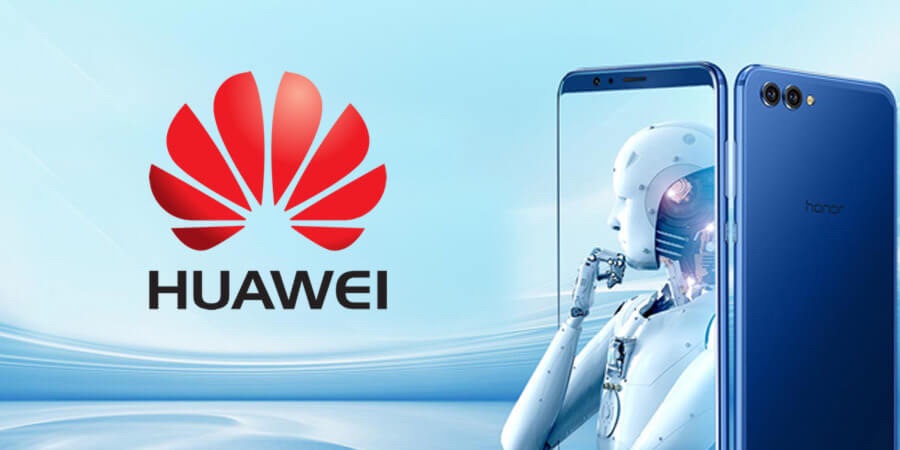Chinese smartphone giant Honor is set to launch an exclusive AI-powered image-to-video generator with its upcoming Honor 400 and 400 Pro smartphones, ahead of Google’s own Gemini users. The phones are scheduled for release on May 22, and early buyers will be the first to experience this cutting-edge AI tool.
Powered by Google’s Veo 2: Five-Second Videos From Static Images
Honor’s new feature taps into Google’s Veo 2 AI model, allowing users to transform static images into dynamic five-second videos. Built directly into the Gallery app, this tool offers a simple interface: users select an image, and the AI generates an animated clip in about one to two minutes.

However, there’s no text prompt option — meaning users must rely on the AI’s interpretation of the image without further guidance. Results have varied, with realistic animations of people and pets, but also some surreal outputs, like vintage cars spinning unnaturally or ghostly hands handling fresh produce.
Free at First, Then Paywalled
Honor is offering the AI image-to-video feature free for the first two months to Honor 400 series owners, with a limit of ten video generations per day. After the promotional period, the feature will transition to a paid subscription model, though details remain unclear.

Chris Langley, Honor’s UK marketing director, confirmed that future use “will eventually require some subscription” from Google, hinting that the tool’s pricing may align with existing Veo 2 offerings.
Google’s Veo 2 AI: Available, But Limited
Interestingly, while video generation via Veo 2 is already part of Google’s Gemini Advanced paid plan, it’s currently restricted to text-based input only. Google Cloud lists Veo 2’s image-to-video feature as available for “approved users,” charging 50 cents per second of output — highlighting Honor’s launch as a significant early access milestone.

The Future of AI Video Generation Is Here
Honor’s bold move marks a new frontier in smartphone AI tools, offering users a glimpse into the future of on-device content creation. As tech giants like Google and Honor push AI boundaries, expect more creative, interactive features to become standard in mobile devices soon.




